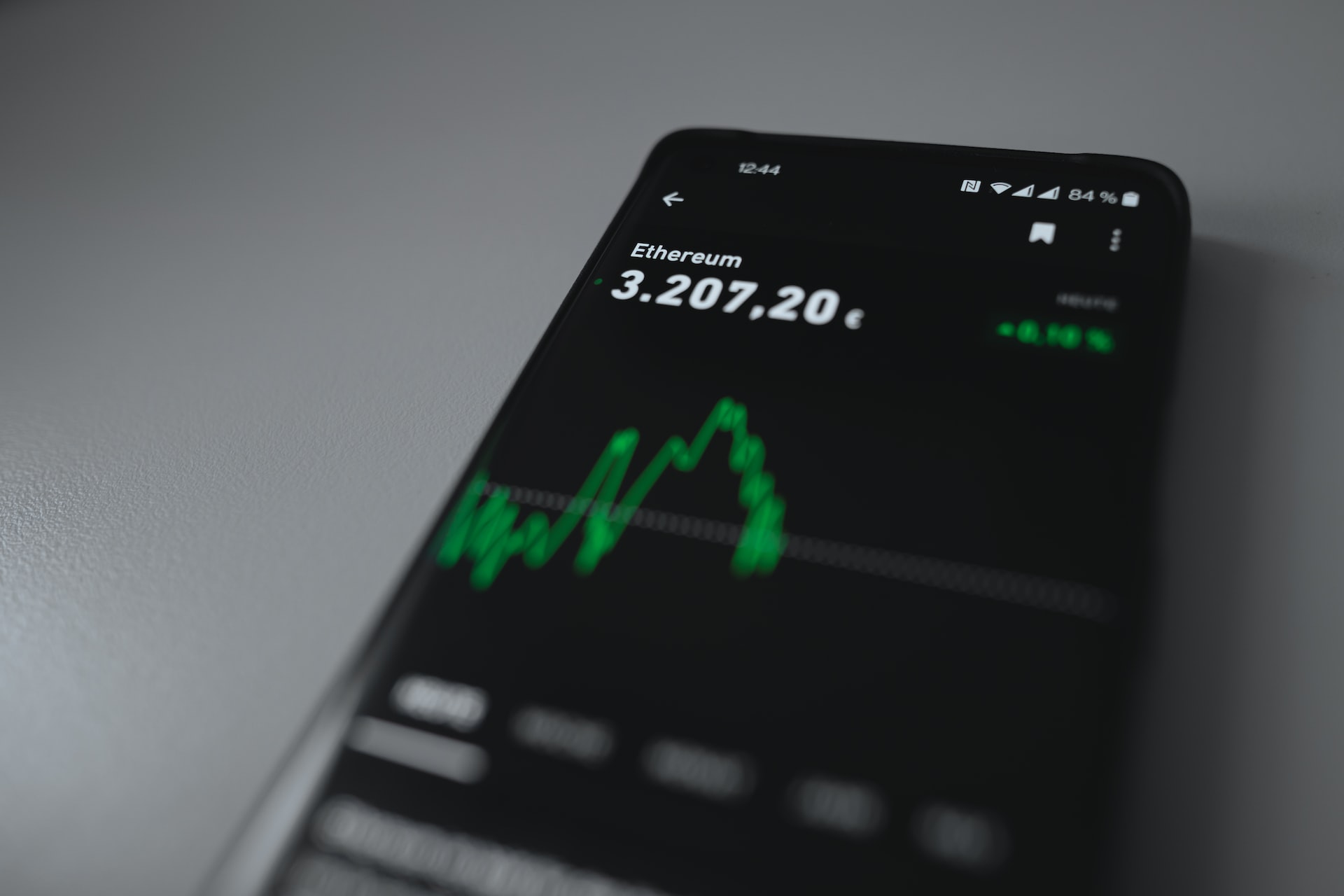Cryptocurrencies have been around for over a decade. Since their inception, these assets have turned ordinary people into millionaires. Crypto’s blockchain technology and potential for high returns continue to attract investors. However, many investors get frustrated when conventional brokerage firms don’t let you buy and sell crypto. Luckily, crypto apps have you covered. Selecting the best crypto app for your portfolio can increase profits and provide flexibility. We will share some things to look for when searching for the best crypto app.
What is a Crypto App and How Does It Work?
A crypto app lets you buy, sell, and store cryptocurrencies. Investors can select from several cryptocurrencies, such as Bitcoin and Ethereum. You can deposit funds into your account and start buying crypto. Some apps come with additional perks that help you monitor your financial health and get more out of your crypto.
The Most Common Features of Crypto Apps
While many crypto apps compete for your attention, the same few features show up often. You should assess each crypto app to ensure it has these features. Some crypto apps will offer additional perks or overemphasize basic capabilities. We’ll share common features to look for in the best crypto apps.
Crypto Exchanges
Every top crypto app includes a cryptocurrency exchange that lets you trade crypto. However, some apps approach exchanges differently. Each app will have one of these three structures in place for crypto investors:
- Centralized Exchanges: You can trade your fiat currency for crypto without needing a digital wallet. Centralized exchanges are the easiest path to entry for crypto enthusiasts. The company will keep the crypto holdings in a digital wallet and protect the crypto assets from hackers. You also won’t have to worry about losing the hard drive with your crypto.
- Decentralized Exchanges: While stories like the landfill make the news, most people responsibly hold onto their crypto. Decentralized exchanges let you buy crypto and store it in a digital wallet. You won’t rely on the crypto app to hold onto funds and keep them safe. Decentralized crypto enthusiasts prefer to do this work themselves. Some believe a centralized approach undermines crypto’s innovative technology.
- Hybrid Exchanges: Some crypto exchanges let you choose between a centralized or decentralized approach. These brokers hold crypto in their digital wallets on some of their client’s behalf. They let other clients store crypto in their digital wallets, making them less reliant on the platform. Some brokers allow you to transfer crypto from the centralized structure to your decentralized digital wallet.
Crypto Wallets
Most crypto apps offer digital wallets, especially those that advocate for decentralization. Crypto wallets let you store crypto and come with safety features. You can select from two crypto wallets:
- Hardware Wallets: You can store your crypto on a hard drive instead of your computer. This cold storage approach protects you from hackers since you take your crypto holdings off the grid. You can plug the hard drive into your computer to access crypto holdings with your private key.
- Software Wallets: Your crypto gets stored in a digital wallet. These wallets make it easier to transact cryptocurrencies. The only downside is that these wallets are more vulnerable to hackers. Some crypto apps have cybersecurity measures to reduce the likelihood of a hacker entering the system.
Auto-Investing and Round-Ups
Not everyone can stay on top of their portfolios and make frequent investments. Auto-investing gets investors around this hurdle by automatically taking funds from your bank account each week, month, or year. You determine the frequency and how much gets automatically invested into your portfolio.
Round-ups turn every purchase into an opportunity to build your crypto portfolio. There are a number of banking apps that round up to the nearest dollar for each purchase. The remaining funds go into your crypto account, and you can decide which cryptocurrencies you buy through round-up. For example, if you spend $17.30 on a purchase, the app will round it up to $18. The remaining $0.70 goes into your crypto holdings. These purchases add up over time and can grow your portfolio with zero effort.
General Personal Finance Tools
The best crypto apps don’t stop at crypto. They provide personal finance tools to strengthen your financial health and introduce important concepts. Buying crypto without creating portfolio criteria, assessing risk, and covering personal expenses can lead to financial ruin.
How To Choose the Best Crypto App
You can narrow your list of crypto apps if they don’t have these basic features. Some crypto apps will have all of the basic features, resulting in further pruning until you find the right app for you. After ensuring the essential features are available, consider these factors.
Security
Hackers target brokers because they have significant funds. You don’t want to become vulnerable to a cyberattack and lose some of your position. Some crypto enthusiasts use hard drive wallets to escape this issue, but the best cryptocurrency apps come with protection. Their security features keep hackers out of the system, so your funds stay safe. Crypto brokers also have personal protection in place to reduce the likelihood of someone getting into your account.
Customer Service
The more you use a crypto app, the more questions you will have. Support articles can answer some of those questions, but you may prefer someone to answer your question. This personal experience beats surfing through the FAQs and hoping you’ll find the information you need. Check if a crypto app has a phone number or email support. A crypto app should not make you jump through several hoops to speak with a representative.
Range of Currencies
Bitcoin’s mainstream popularity introduced many people to crypto, but it’s the tip of the iceberg. Investors can select from the large-cap Ethereum and plenty of smaller coins, such as Dogecoin and Shiba Inu. In addition, Crypto apps with more available currencies make it easier to achieve portfolio diversification.
Ease of Use
Crypto apps come with many features, but what’s the point if they’re difficult to access? Look at video tutorials and screenshots to get familiar with the user interface.
Fees
Some crypto brokers charge various fees. You may get charged for every trade, deposit, or withdrawal. These trading fees add up, especially for margin trading. Look for a crypto app that has low trading fees.
Interest-Earning
Want to get paid for holding onto crypto? Some cryptocurrency apps let you earn interest on your crypto. You can put your coins in the crypto version of a CD and achieve a high interest rate. Some crypto trading apps provide you with an interest rate as high as 10%. This interest rate will increase your gains and cushion losses.
Trading Volume
Cryptocurrency trading volume impacts the liquidity of your assets. Crypto apps offering cryptos with high trading volume leave little concern about liquidity. However, if you can’t get a high trading volume, you may be stuck with an asset for longer than you desire.
Accessibility
Not every state or country has legalized BTC transactions. If the crypto app is banned in your state, it’s not the best option for you to trade crypto. Some of these apps offer additional personal finance features that make them worth a closer look. You should review an app’s accessibility in your state before committing to it.
Tools and Features
The best crypto apps offer several tools and features to enhance the user experience. These resources can help investors save up for important financial goals and achieve milestones. If you’re looking for a way to invest in crypto and strengthen your financial health, compare the features of each app and decide which ones you find most useful.






